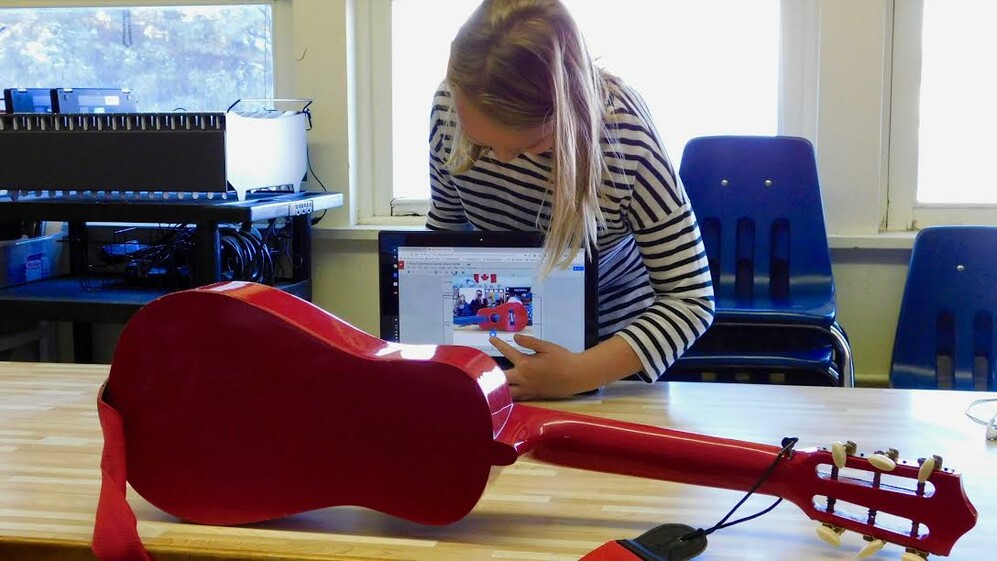
Online classes have brought about a great opportunity for families to review digital citizenship. Being a good citizen in the community, on the playground, at the rink or online is valued and a life-long expectation. Now is the time to make your family online expectations clear and there are lots of opportunities to practice! The device screen should always be easily seen and heard by an adult at all times. If someone makes a mistake and chooses not to follow good habits of digital citizenship, then limiting screen time to only essential learning tasks and, when an adult can sit side-by-side and monitor closely is a good option.
∙ Be Proactive
I can choose to follow the group plan and expectations for online class.
I can choose my responses to others online & take responsibility for myself.
I understand that the whole world is watching.
I can choose to be kind.
∙ Begin with the End in Mind
I can make good online decisions such as NOT giving out my personal information.
I will always ask permission from my parents to go online.
∙ Put First Things First
I can finish my class learning jobs.
I can finish my house chores.
∙ Think Win-Win
I can understand more than one point of view.
I can work together to think of many possibilities.
I can problem solve by communicating politely & appropriately with others.
I can ask my parents for help if I am unsure of how to solve an online problem.
∙ Seek First to Understand, Then to be Understood
I can listen to and understand someone’s point of view.
I can understand that my parents and teachers will have rules
that I must follow when I am online.
∙ Synergize
I can learn with others online.
I can contribute my ideas and appropriately communicate with others online.
∙ Sharpen the Saw
I can balance my screen time with other positive elements
in my life such as family time, a hands-on project and outside recreation.
Adapted by M. Schlemko from S. Covey, 2008














